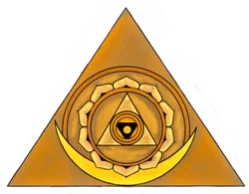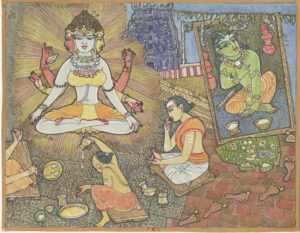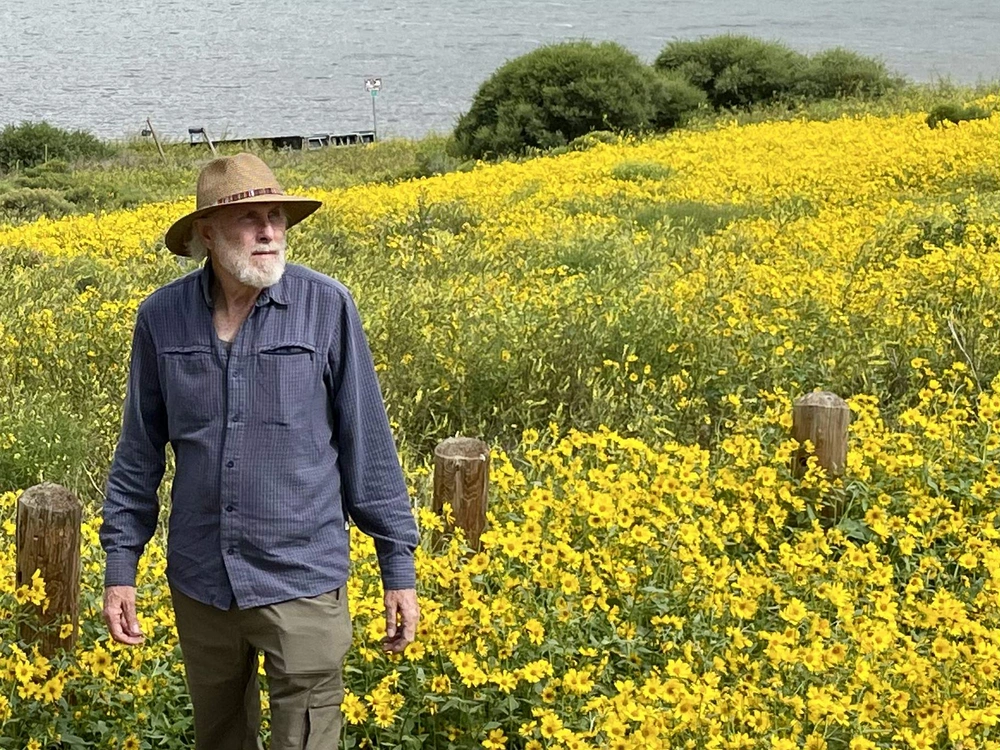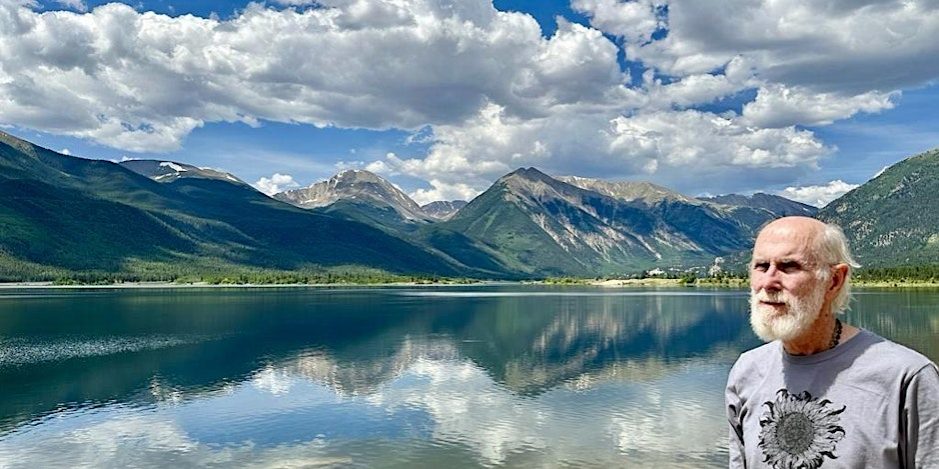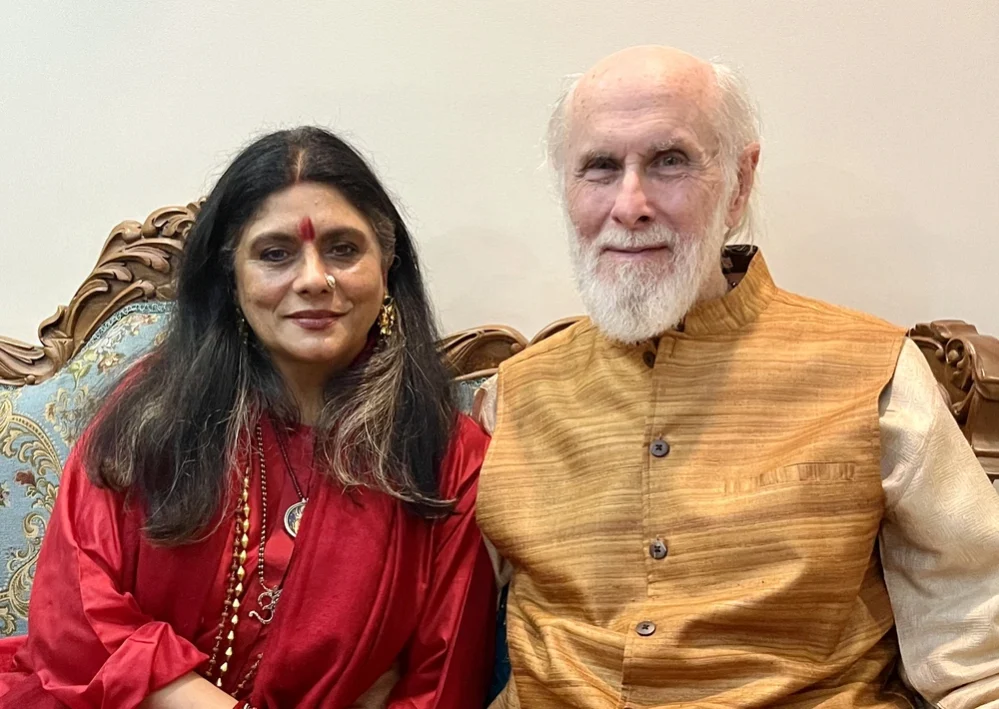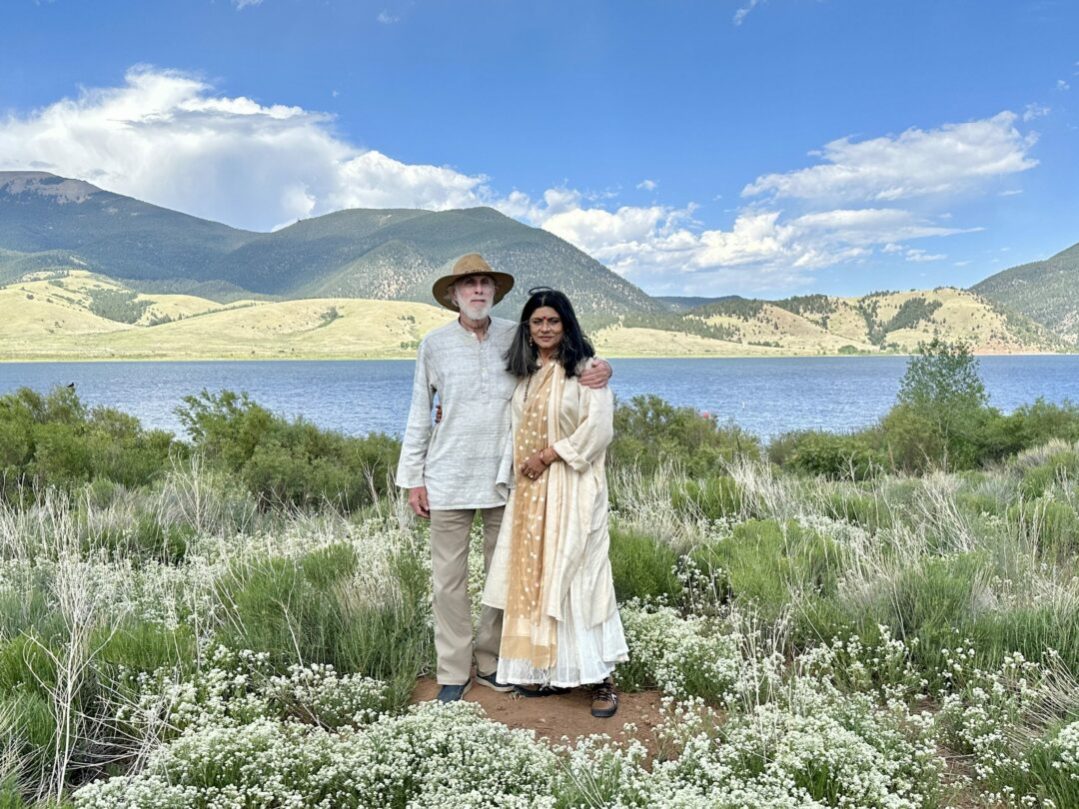Ego as the Basis of the Human Mind
Each human being has an ego or sense of separate self based upon our identification with the physical body that is rooted in our karma. This human ego at an intellectual level can be strong, even when it is sophisticated or well educated. Ego is the basis of the mind, which is how we see the world from our own personal perspective, so we compulsively use our minds to justify the biases of the ego, whether individual or collective. Unless we learn how to meditate and question the ego-mind, we will remain caught in its whirlpools that lead us into conflict with the egos of others, which are also justified by the conclusions of their own minds.
Certainly, we must acknowledge our many differences at an individual level. We don’t all think alike any more than we all look alike. But we must allow these differences to exist as part of a longer evolutionary process of human life, as we reach out to a universal consciousness. We must aim to go beyond the dualities of mere physical or material reality to the Self behind the entire cosmos.
Though no two people think completely alike or have the same views in all areas, there is a common ground for us to work with if we look back to our numerous connections in the interdependent fabric of life. Our human life is woven together with all the ecosystems of nature, extending to nature’s intelligence, which is much more profound and enduring than our own. We have an inner kinship with all living beings that takes us beyond the limitations and biases of the ego.
From Ego to Jivatman
World peace is not just a question of becoming a good citizen of a particular country, however important that may be, but of opening our sense of Self to the universe as a whole and becoming a good citizen of the entire cosmos. This involves not only to our current human life but to our Jivatman, our reincarnating inner being that has had many lives in different bodies and lokas, from the physical to subtle realms of space and light. The separative ego blinds us to our own greater reality.
We are all related Jivas in a vast and benefic universe, on our pilgrimage through time and space. While we must face the consequences of our karmas, we are not limited to who we are in any single birth. Our inner being moves through all of nature, in the stars, planets, atmosphere, mountains, oceans, forests, and every sort of creaturely manifestation from plants to devas. The Jivatman has a higher intelligence born of its sense of eternal existence and relationship with the universe as a whole. We must learn to awaken that higher intelligence called the sattvic buddhi in Vedantic thought. We must recognize that we have many bodies in many births in many different worlds, and that also all worlds and creatures are inherent within us.
Yet this Jivatman or embodied and karmic self, is one with the Paramatman, the Self of all, which is our real essence or true nature, existing in all Jivas and transcending all their karmas and limitations.
The Self as the Common Ground for All Beings
The Vedic view is to be open to friendship with all, recognizing the common ground of our own Self-being in the greater Self-aware universe. This extends not only to other human beings but to all of nature and higher realms of intelligence beyond our dense material world. This is not a matter of mere diplomacy, a political strategy or an attempt to influence others. It is a means of opening up the boundless flow of prana and awareness taking us behind the hard and fixed boundaries of our ego-minds.
Our true Self, which is unity consciousness, is the only enduring basis for harmony and happiness in life and society. But to discover that we must look beyond the ego, the me and the mine, with its physical, mental and social limitations, to the real source of consciousness within us that is the inner light of Being.
Relationship forms the basis of human life, as we are social beings starting from a family and a community. Yet we must accept differences as part of our associations. We must allow others the space in which to question, learn and grow, even if their views may be different than our own. Our true unity is deep within beyond all the outer opinions of the mind.
Unfortunately, friendship does not always work and the ego may become intractable. We all have our battles or Kurukshetras as portrayed in the Bhagavad Gita. Yet as in the Gita we must ally ourselves upwardly in consciousness with guides as represented by Sri Krishna as the world guru of Self-knowledge, who reveals himself in his universal form. We must remember our common universal connections and not take transient social ego boundaries as real.
Each one of us has a powerful sense of self, but we must remember that ultimately the true sense of Self-being is universal, not simply our personal identification with body and mind. We must expand our sense of Self beyond body and mind, society or even history, to embrace the greater Self-aware universe where differences in name and forms are but waves on a boundless ocean of unity, Brahman, the cosmic and transcendent reality.
Vamadeva (David Frawley)
